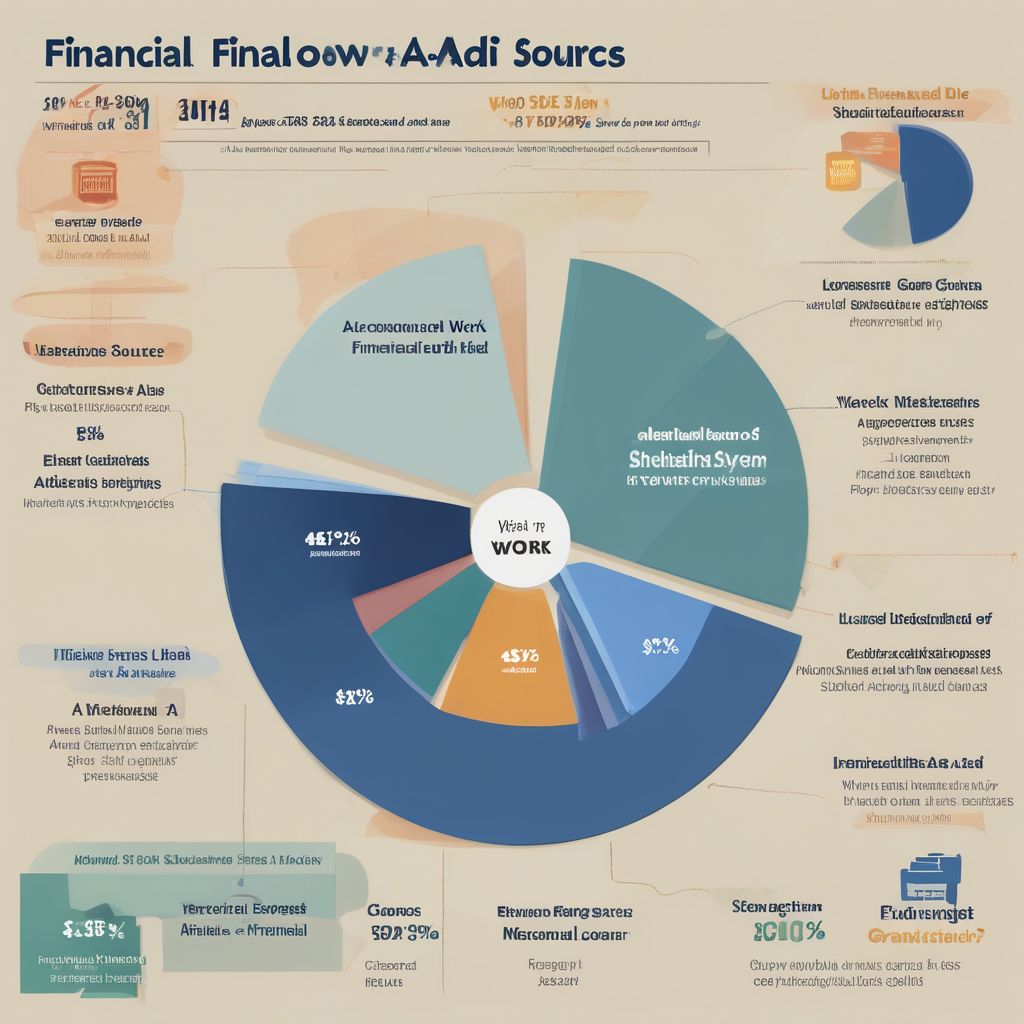Navigating the world of college finances can often feel overwhelming, especially when terms like “FAFSA,” “grants,” and “loan interest rates” are thrown around. But securing your financial future at Missouri State University Springfield doesn’t have to be a stressful experience. The Msu Springfield Financial Aid Office is dedicated to providing students with the resources and support they need to make their educational dreams a reality. This comprehensive guide will walk you through everything you need to know, from understanding the different types of aid to navigating the application process.
Understanding the Importance of Financial Aid
Financial aid is the cornerstone of making higher education accessible. It encompasses a range of resources designed to help students and their families cover the costs associated with attending college. These costs extend beyond tuition and can include:
- Tuition and Fees: The core charges for attending classes and accessing university facilities.
- Room and Board: Expenses related to on-campus housing and meal plans.
- Books and Supplies: The cost of textbooks, course materials, and other academic necessities.
- Transportation: Whether commuting or traveling home during breaks, transportation costs can add up.
- Personal Expenses: Day-to-day living costs, such as toiletries, laundry, and entertainment.
decorkhonggian.com/wp-content/uploads/2024/08/financial-aid-chart-66c5a2.jpg" alt="Financial Aid Pie Chart" width="1024" height="1024">Financial Aid Pie Chart
Exploring Your Financial Aid Options at MSU Springfield
The MSU Springfield Financial Aid Office offers a variety of financial aid options, each with its own eligibility requirements and terms:
1. Grants: Considered “gift aid,” grants don’t need to be repaid. They are often need-based but can also be awarded based on academic merit or specific talents.
- Federal Pell Grants: Awarded to undergraduate students who demonstrate exceptional financial need.
- Federal Supplemental Educational Opportunity Grants (FSEOG): Awarded to undergraduate students with exceptional financial need, with priority given to Pell Grant recipients.
- Missouri State Access Grant: A need-based grant for Missouri residents attending MSU.
2. Scholarships: Similar to grants, scholarships are “free money” that you don’t have to repay. They are primarily awarded based on academic achievements, athletic talents, or involvement in extracurricular activities.
- MSU Academic Scholarships: Awarded to incoming freshmen based on high school GPA and test scores.
- Departmental Scholarships: Offered by individual academic departments to students pursuing specific majors.
- Private Scholarships: Offered by corporations, foundations, and community organizations.
3. Loans: Loans must be repaid with interest. However, they offer a crucial way to bridge the financial gap and make college affordable.
- Federal Direct Loans: Available to undergraduate and graduate students, with both subsidized (interest doesn’t accrue while you’re in school) and unsubsidized options.
- Federal Parent PLUS Loans: Allow parents to borrow money to help cover their dependent undergraduate student’s education expenses.
- Private Loans: Offered by banks and other financial institutions, these loans typically have higher interest rates than federal loans.
4. Work-Study: This program provides part-time employment opportunities to help students earn money to pay for college expenses. Jobs can be on or off-campus and are often related to students’ fields of study.
Navigating the MSU Springfield Financial Aid Process
-
File the FAFSA: The Free Application for Federal Student Aid (FAFSA) is the most critical step. It determines your eligibility for federal, state, and institutional aid. You can complete the FAFSA online at studentaid.gov .
-
Review Your Financial Aid Award Letter: MSU Springfield will send you a financial aid award letter outlining the types and amounts of aid you qualify for. Carefully review this letter and understand the terms of each offer.
-
Accept or Decline Your Aid: You can accept all, some, or none of the aid offered. If you need to decline a portion or request an adjustment, contact the Financial Aid Office.
-
Complete Loan Requirements: If you accept loans as part of your financial aid package, you’ll need to complete loan counseling and sign a Master Promissory Note (MPN).
-
Stay Informed and Meet Deadlines: Be aware of important dates and deadlines, including the FAFSA submission deadline and any deadlines for specific scholarships or grants.
FAQs About MSU Springfield Financial Aid
1. When should I file the FAFSA for MSU Springfield?
The FAFSA opens on October 1st each year. It’s best to file as early as possible, as some aid is awarded on a first-come, first-served basis. MSU’s priority filing deadline is February 1st.
2. How do I know if I qualify for financial aid?
Financial aid eligibility is determined by various factors, including your Expected Family Contribution (EFC) calculated by the FAFSA, your enrollment status (full-time or part-time), and your academic standing.
3. How is my financial need determined?
Your financial need is calculated by subtracting your EFC from the Cost of Attendance (COA) at MSU Springfield. The COA includes tuition, fees, room and board, books, transportation, and personal expenses.
4. Can I appeal my financial aid award if my circumstances change?
Yes, you can submit a financial aid appeal if you experience a significant change in your family’s financial situation, such as job loss, medical expenses, or divorce. Contact the Financial Aid Office for guidance on the appeal process.
5. Who can I contact for help with the financial aid process?
The MSU Springfield Financial Aid Office is your go-to resource. Don’t hesitate to reach out to their friendly staff by phone, email, or in person for personalized assistance.
Making Informed Financial Decisions for Your Future
Investing in your education is a significant decision. By understanding the financial resources available to you and taking advantage of the support offered by the MSU Springfield Financial Aid Office, you can confidently pursue your academic aspirations. Remember that financial literacy is a vital life skill. Continue to explore financial aid resources, ask questions, and make informed decisions that align with your short-term and long-term financial goals.



